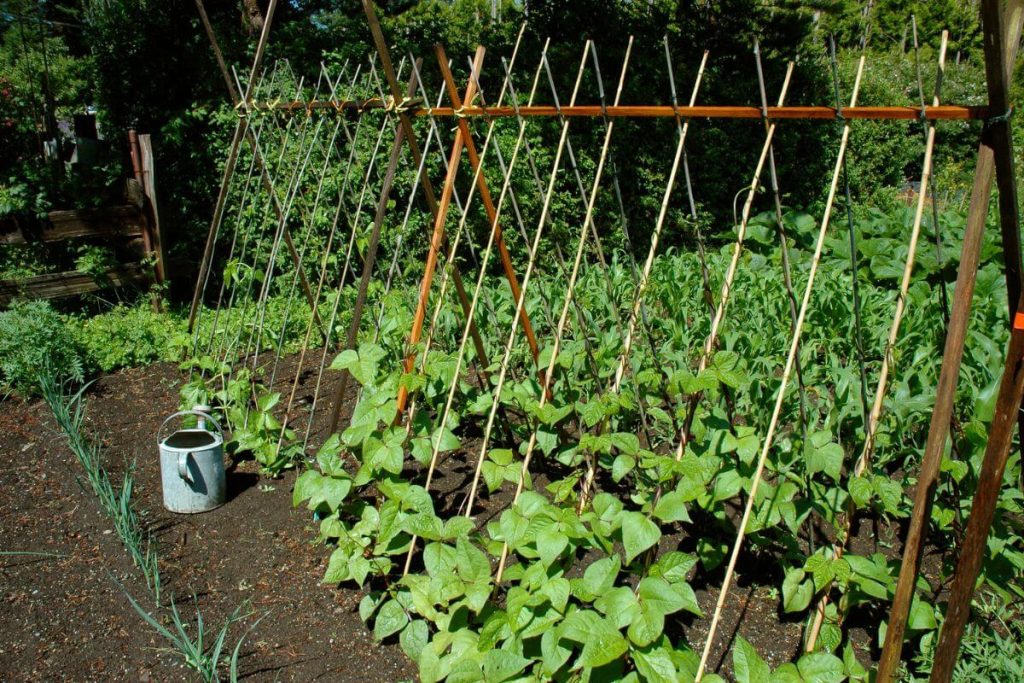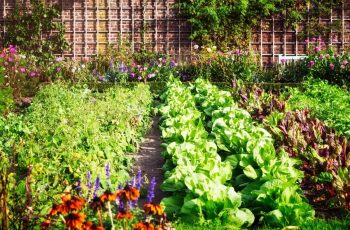Are you considering starting an organic garden? It may be easier and more affordable than you think. Organic vegetable gardening is a popular choice among many gardeners, especially beginners. This guide will provide you with essential tips and strategies to help you achieve a successful organic garden while avoiding the use of chemicals.

Organic gardening emphasizes eco-friendly practices that mimic natural ecosystems, benefiting both your health and the environment. While it may require more effort due to the absence of synthetic chemicals, the rewards of cultivating an organic garden are significant.
Key Takeaways for Organic Gardening
- No Synthetic Chemicals: Organic gardening avoids synthetic pesticides and fertilizers, focusing instead on natural methods that enhance soil health and plant vitality.
- Site Selection: Choose a sunny location with good drainage and proximity to a water source. A well-chosen site is crucial for the success of your organic garden.
- Soil Health: Healthy soil is the foundation of a thriving garden. Enrich your soil with compost and organic matter to ensure a balanced mix of sand, clay, and silt, which promotes optimal growth.
- Composting and Mulching: Composting is vital for adding essential nutrients to the soil. Mulch helps retain moisture, suppress weeds, and gradually enriches the soil as it decomposes.
- Plant Selection: Choose plants that are well-suited to your soil and climate conditions. Incorporate a variety of flowers to attract beneficial insects and pollinators.
- Natural Fertilizers: Use homemade compost and organic fertilizers, such as comfrey and nettle mixtures, to provide your plants with the nutrients they need.
- Regular Maintenance: Consistent watering, weeding, and pest control are essential. While organic gardening may require more work, it supports biodiversity and results in healthier crops.
Steps to Start Your Organic Garden
- Select a Good Site: Ensure the location has good drainage to prevent water accumulation, which can lead to diseases like root rot. Aim for a site that receives 6 to 8 hours of sunlight daily and is near a water source.
- Check Soil Health: Assess your soil’s composition. A good soil mix should be loose and crumbly, allowing water, air, and roots to penetrate easily. If your soil is too clayey or sandy, consider mixing in organic matter to improve its quality.
- Create Compost and Apply Mulch: Start a compost pile using organic materials such as vegetable peelings, grass clippings, and aged manure. Compost enriches the soil and improves its structure. Additionally, apply a layer of organic mulch, like straw or wood chips, to retain moisture and suppress weeds.
- Choose Suitable Plants: Select a diverse range of organic seeds or seedlings that thrive in your area. Consider factors like soil type, climate, and your personal preferences. Planting a mix of flowers can attract beneficial insects and improve pollination.
- Use Organic Fertilizers: Homemade compost is an excellent organic fertilizer. For an extra nutrient boost, create a fertilizer using comfrey and nettle leaves by soaking them in water for a week or two.
- Water Efficiently: Collect rainwater in barrels to use for watering your garden. Rainwater is often better for plants because it lacks chemicals found in tap water. Water deeply but infrequently to encourage strong root growth.
- Protect Against Pests: While pests can be a challenge in organic gardening, there are many natural solutions. Use row covers, diatomaceous earth, and homemade sprays (like garlic or chili pepper solutions) to deter pests. Regularly inspect your plants and remove any diseased foliage to maintain plant health.

Conclusion
Organic gardening is an environmentally friendly way to grow plants, utilizing natural methods to enrich soil and manage pests while avoiding synthetic chemicals. This approach not only promotes biodiversity but also enhances soil quality and produces healthier food. Although organic gardening requires more effort, the benefits—such as improved health for you and your family, as well as a positive impact on the environment—make it a worthwhile endeavor. Embrace the journey of creating your organic garden and enjoy the satisfaction of growing your own food while contributing to a healthier ecosystem.



